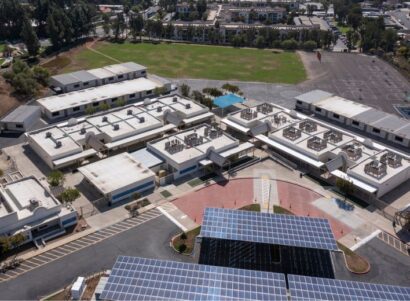Overview
Produced water (i.e., oil and gas wastewater) from the Marcellus and Utica Formations in Pennsylvania, Ohio, and West Virginia is currently transported by tanker truck, railroad, and pipeline transport. Anticipating cost savings, industry in the region is securing permits to transport produced water down the Allegheny, Monongahela, and Ohio Rivers by barge.
To understand the potential impacts of transporting produced water by barge, PSE researchers conducted a review of peer-reviewed literature, government reports, and grey literature on the effects of produced water spills on surface waters and sediments, as well as produced water discharges on surface waters. Funding for this report was provided by the Environmental Integrity Project and Fair Shake.
Findings and Recommendations
Produced waters of the Appalachian Basin are known to contain toxic inorganic, organic, and radiogenic constituents, that can have negative impacts on both humans and river ecosystems. However, the full suite of organic compounds in produced water cannot be identified and quantified. Thus, it is nearly impossible to identify all potential impacts to human and ecological receptors resulting from produced water spills, and we cannot fully constrain the risk that barging operations pose. Accidental releases of produced waters, whether catastrophic or chronic, likely can seriously impair either of these receptors and will likely prove difficult (at best) and costly to remediate.
The report provides a summary of the findings relating to:
- The composition of produced water, including transformation products generated during hydraulic fracturing.
- The potential generation of disinfection byproducts during water treatment caused by produced water loadings.
- The case studies where impact to a stream located next to a Class II disposal well is documented.
- The case studies of radium buildup in sediment.

 Technical Report
Technical Report






